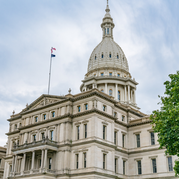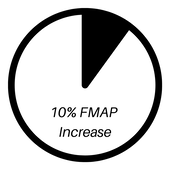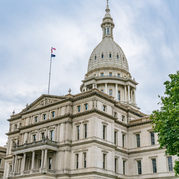- Membership Resources
- State Chapters
- Education/Events
-
Advocacy/Policy
- Home Care Workforce Crisis: An Industry Report and Call to Action
- Advocacy Fund
- State of Home Care: Industry at Crossroads
- Home Care Workforce Action Alliance
- Caring for Seniors: Value of Home Care
- Home Care by the Numbers
- Issues & Positions
- Legislative Action Network
- State Legislation Tracker
- Federal Legislation Tracker
- 2024 National Advocacy Day
- About HCAOA
- Find a Job
 The HCAOA Michigan Chapter will host a Legislative Day event at the State Capital in Lansing for important updates on issues impacting home care. This day will include meetings with lawmakers and presentations from state leaders.
0 Comments
 HCAOA members have expressed some concerns over the looming July 1, 2021 deadline for a new requirement that removes personal identifying information (PII) from court filings. With the removal of PII from records there was some concern by employers that it would be more difficult to obtain accurate employee background checks without data such as a date of birth.  Yesterday, June 22 Governor Whitmer lifted nearly all COVID related orders in Michigan. Capacity in both indoor and outdoor settings increased to 100% and the state will no longer require residents to wear a face mask. read more  The Michigan In Home Care PAC recently met with key legislators on both sides of the aisle and handed out more than $5,000 in donations to support good public policy surrounding the home care industry. Legislators came to the offices of HCAOA Michigan’s lobby team at McAlvey Merchant & Associates and learned about the industry. HCAOA members who contributed to the PAC this cycle joined the meetings via Zoom so legislators could make the connection directly to members. The effort was a success.  In last week’s newsletter we shared information regarding Michigan’s no-fault auto insurance law that will cut provider’s reimbursements. We are excited to share that we now have a new bill. HB 4992 is an alternative amendment that would eliminate the arbitrary 45% reimbursement cap for post-acute services so we need your help to urge state lawmakers to vote in favor of HB 4992. We are hoping all HCAOA members in Michigan will join us in advocating on behalf of our clients who deserve to be cared for and supported in their own homes, so they can live as independently as possible. Send a message and read more here.  Effective May 24, 2021, the Michigan Occupational Safety and Health Administration (MIOSHA) revised its COVID-19 Emergency Rules. The change comes as more Michiganders have received vaccines and COVID-19 cases have decreased. Most significantly, the newly amended rules completely eliminate the requirement that employers must create a policy prohibiting in-person work for employees to the extent that their work activities can feasibly be done completely remotely, meaning employees can be mandated to return to their physical workplace. Read more  On July 1, some 6,000 individuals with brain injuries in Michigan may be faced with finding another way to receive care and support because of a major change to the state’s no fault auto insurance law. This reform will slash home care provider rates to 55% less than what providers received back in 2019. HCAOA urges its members in Michigan to let their voices be heard now on this legislation! This is part of the reform that had bi-partisan support, and was signed into law in 2019 by Governor Gretchen Whitmer. The Michigan State Legislature is considering legislation that will address this concern. The time is NOW to write to your representatives about HB4486/SB314!  Several of HCAOA’s State Chapters took action this week, sending letters to their State Medicaid Directors to offer suggestions about how to use the available 10% FMAP increase for Medicaid home and community-based services. CMS recently provided guidance to states about how they can use the federal funds to supplement, not supplant, existing state funds for Medicaid effective April 1, 2021. In the letter, HCAOA Chapters state the industry’s biggest concern and primary suggestion is use the funds to increase Medicaid reimbursement rates for personal care services and private duty nursing so agencies can adequately recruit and retain essential workers to provide critical care at home to patients and clients The letter offers several other suggestions to enhance, expand, or strengthen Medicaid HCBS, including hazard pay, overtime pay, and shift differential pay for home care workers, new or additional Medicaid HCBS services especially during the pandemic, and support for family caregivers. To date, the Ohio, Michigan, Illinois, Florida, Virginia, Wisconsin, Arizona, South Carolina and Connecticut Chapters have sent letters, with others to follow.
You can read one of the full letters here. Two years ago this month, the Legislature passed and Governor Whitmer signed legislation that would overhaul the state’s No Fault insurance system that had been in place since 1972. The primary components of the package were choice, a rate freeze and mandatory cuts in rates for insurance companies, and a fee schedule for services performed on behalf of those injured in a car accident. Additionally, the reform set in place a medical fee schedule that set rates for what hospitals and rehabilitation clinics can charge under the No Fault system. While there are some variations in what the fee schedule pays based on percentage of indigent care, the average payment for a procedure with a code under Medicare will receive 200% of what Medicare normally pays. If there is not a Medicare code, then the provider will be paid 55% of whatever their rate was in January of 2019. As part of the fee schedule, a limit was placed on attendant care at 56 hours per week. Governor Gretchen Whitmer announced specific metrics on Thursday tying the percentage of Michigan residents who receive the COVID-19 vaccine to a phased approach of lifting capacity and gathering limits and restrictions on everything from working at home requirements to indoor sports stadiums, funeral homes, bars, restaurants, and retailers.  Over the past several weeks, HCAOA has worked with state chapters to drive recognition for the direct care workers who have kept the country's most vulnerable populations safe at home throughout the pandemic. Georgia, Michigan, California and Illinois all have passed resolutions to honor these important caregivers. HCAOA state chapters in Michigan and California both held successful virtual lobby days this week. Washington held virtual lobby days a few weeks ago, and the Connecticut Chapter has its virtual lobby days coming up in April.
 The HCAOA Michigan Chapter invites you to join us for our first ever Virtual Lobby Day on March 23! Interact with key legislators and decision makers and educate them on our industry and the value we bring to our customers. read more |
Archives
July 2024
Categories
All
Upcoming Events |
|
Phone: 202-519-2960 | 444 N. Capitol Street NW, Suite 428 | Washington, DC 20001
[email protected] | sitemap © 2024 Home Care Association of America. All Rights Reserved. | Privacy Policy | Refund Policy |
|



 RSS Feed
RSS Feed
